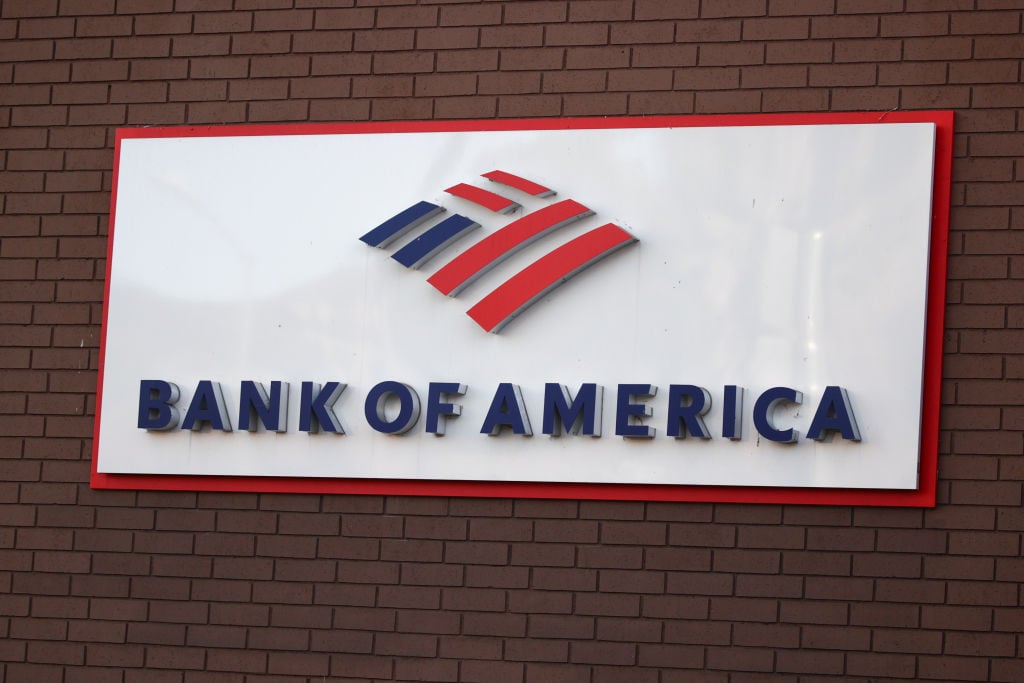According to horror movie canon, there are many ways zombies could come about. These terrifying quirks could consist of anything from radioactivity to pollution to a virus to some mysterious substance from outer space. Whatever the cause, though, it usually reflects something our society fears -- or possibly should fear -- at any given time. Unfortunately, it's becoming clear that the threat of zombies here and now is real.
That is, the zombie banks and zombie corporations that are artificially kept alive even though in any rational, natural world they should be dead. And if these reanimated corpses are still stumbling around, growing greater and greater in number, well, I'm pretty sure we all know what appears to be causing the dead to rise.
Send more paramedics
Repeated capital infusions into companies like Bank of America (NYSE:BAC) and Citigroup (NYSE:C) seem to be very good examples of the ravenous undead. And the infection is spreading and underlining the kind of problems and moral hazard we now face. The Big Three automakers, General Motors (NYSE:GM), Ford (NYSE:F), and Chrysler, represent hundreds of thousands of jobs, and the recent government bailout loans to GM and Chrysler shows the great lengths politicians will go in order to keep them alive. The real long-term problem is that, since these companies have already failed the market test to begin with, they're not really alive, are they?
And now there are rumors that other struggling industries in the current economic climate are clamoring for government boosters from the coming economic stimulus programs in some form. Such industries the media has cited include airlines, which includes UAL (NASDAQ:UAUA) and Continental (NYSE:CAL), and steel, which includes companies like Nucor(NYSE:NUE). But why weren't their business models built for survival, taking into account the inevitable business cycles? (And you could argue the airlines' business models haven't even been built to survive in good times, either.) Surely there's an argument that there's zombification at work in these cases, too.
Propped-up companies aren't vital and healthy. And they will continue to lumber around, ravenously devouring capital, which then will not be available for strong, living, vibrant companies. This is what happened in Japan, contributing to that nation's so-called lost decade.
Talk about a zombie apocalypse!
You've got red on you
In my long history of horror movie fanaticism, I've seen a lot of zombie kills. Whether it's the rather run-of-the-mill bullet through the head, a well-placed blow with a cricket bat, a Sade vinyl LP, or (and this one was pretty gross), helicopter blades, I've seen a lot of different methods to stop zombies in their tracks.
I know, it's gross and it's violent, but for goodness' sake they're not actually alive, and worse, they're trying to chomp on us living, breathing, sentient, productive citizens! (And they're only movies.)
So what to do about the zombie banks and corporations that we are building right now? Well, to avoid another scenario like Japan's lost decade, maybe the government needs to stop feeding them immediately. (Incidentally, zombie starvation eventually did the trick in 28 Days Later.)
There are, of course, different versions of exactly what the real problem was that caused Japan's disaster. I've noticed that when it comes to economics, it's easy to find all kinds of explanations for why anything good or ill has happened in economic history. For example, you've probably heard that the New Deal helped us out of the Great Depression, but there's also the argument that what really got us back on track was World War II.
Likewise, when it comes to Japan's lost decade, some claim that Japan's government did nothing for too long and that's why everything stagnated. However, another compelling explanation (and definitely a component of the problem) was that the government plowed money into pointless infrastructure projects ("bridges to nowhere") and that it kept giving capital to sick and dying banks and then their sick and dying borrowers, instead of simply letting the unhealthy die a natural death.
They're coming to get you, Barbara!
In my opinion, unhealthy companies need to be allowed to fail, fail, fail. Over and over in my reading, a very logical theme has repeatedly cropped up: It does not make sense to continuously pour capital to non-competitive, ailing businesses -- it will not stimulate economic growth.
It simply takes capital away from healthy companies (and individuals). It's wasteful and counterproductive, and starves the healthy (much like zombies prey on the living). And of course there's that darn moral hazard thing again.
Meanwhile, the din is growing louder that TARP funds are being used in a non-transparent manner and worse, the hand-outs of capital don't seem focused on only helping truly strong financial companies, but rather may be politically motivated, which was always a huge part of the danger of such an undertaking, of course.
Regardless of whether people intellectually reside in the "government-must-spend," "go-ahead-and-nationalize," or the "let-them-fail" camp, there at least seems to be agreement that the financial companies must start writing down toxic waste on balance sheets to ugly (but realistic) levels and the unhealthiest firms need to be let go. Likewise, companies that can't pass the market test need to be allowed to die their natural deaths, too. It's going to be difficult medicine and short-term pain, but destroying the zombies is what we need for a healthy economy in the long run.
I have been known to occasionally joke about being prepared for the coming zombie apocalypse. Little did anybody realize there was a zombie threat coming -- just not the kind you see in the movies. Hopefully people will wake up and realize that it's a long-term mistake to keep the zombies of our economy alive … otherwise we may end up with a sequel nobody really wanted to see: Decade of the Living Dead Economy.
Here's some related Foolishness:







